When I worked at the BBC, the Corporation's Director of Nations & Regions, Pat Loughrey, used to talk about what he called 'air-conditioned journalism'. As the man ultimately responsible for the editorial performance of the most local parts of the BBC - and therefore those closest both geographically and culturally to the people who paid the Licence Fee - Pat perhaps cared even more about the integrity of BBC journalism than did the rest of us.
Air-conditioned journalism, by Pat's definition, is the gathering of news by sitting and looking at a screen all day.
It’s wholly the wrong way to approach newsgathering, of course, because news stories, like all stories, are almost always about people (and, therefore, emotions). You can’t really grasp the soul or essence of someone’s story if you haven’t seen the whites of their eyes.
And, more dangerous still, if all you’re doing all day is regurgitating someone else’s news, you are simply destined to always be a composite of other journalists – repeating their mistakes and never finding your own voice.
But modern economics posed a thorny problem in reversing the trend of air-conditioned journalism: as successive drives for efficiencies systematically expunged any apparent over-resourcing from BBC newsrooms - and this, somewhat predictably, impacted adversely on the number of reporters who occupied them - so the range and quality of original journalism was also quietly eroded.
It wasn't long before those of us responsible for the day to day running of the flotilla of local radio stations and regional television news services that made up the BBC's news fleet outside London found ourselves living in a new reality of shrinking budgets, fewer staff and, if anything, increasing amounts of airtime to fill with news content.
As David Clayton, the Managing Editor at BBC Radio Norfolk observed during one management meeting, life had become a daily struggle to cover the double bed of programming with the single duvet of resources.
Inevitably, the quality of journalism faltered because there was no other choice. We no longer had the flexibility to be able to do news the old-fashioned way and send our reporters onto the streets to cultivate and work contacts within local politics, emergency services, health providers and community action groups.
As a result, and whether we cared to admit it or not, our journalism became increasingly derivative, often a reinvention or re-imagining of something already in the public domain. What saved us in many cases was the unerring knack we had for being tremendously creative in the way we chose to tell our stories - but that's a different blog for a different day.
Which brings us to media relations, because it seems to me that the same malaise exists on the other side of the media fence.
Increasingly, toward the end of my time with the BBC, I found the media officers with whom I came into contact were graduates of some 'Media & Comms' degree course. Precious few had actually worked in the media and too many clearly had no understanding of how the media - and particularly the news media - operates.
Although the best media relations managers I've come across are those who've worked in the media themselves, I'm not suggesting for a moment that you can't be very successful in media relations without having worked the news coal-face.
My point, rather, is that just as reporters no longer seem to get out and build a relationship with the people who could be their best sources of news, so I've noticed a trend for organisations to indulge in air-conditioned media relations.
Relationships built on human interaction will always yield more and be stronger than those that are managed remotely. Email and social media may be seen as a more expedient way of delivering prospects to news channels, but they aren't necessarily the most lucrative unless they have a human element to them.
Knowing exactly what the media is hungry for - in good times and bad - is a primary key to successful media management. And just like the art of original reporting, I'd argue, that isn't something learned at a computer screen.


